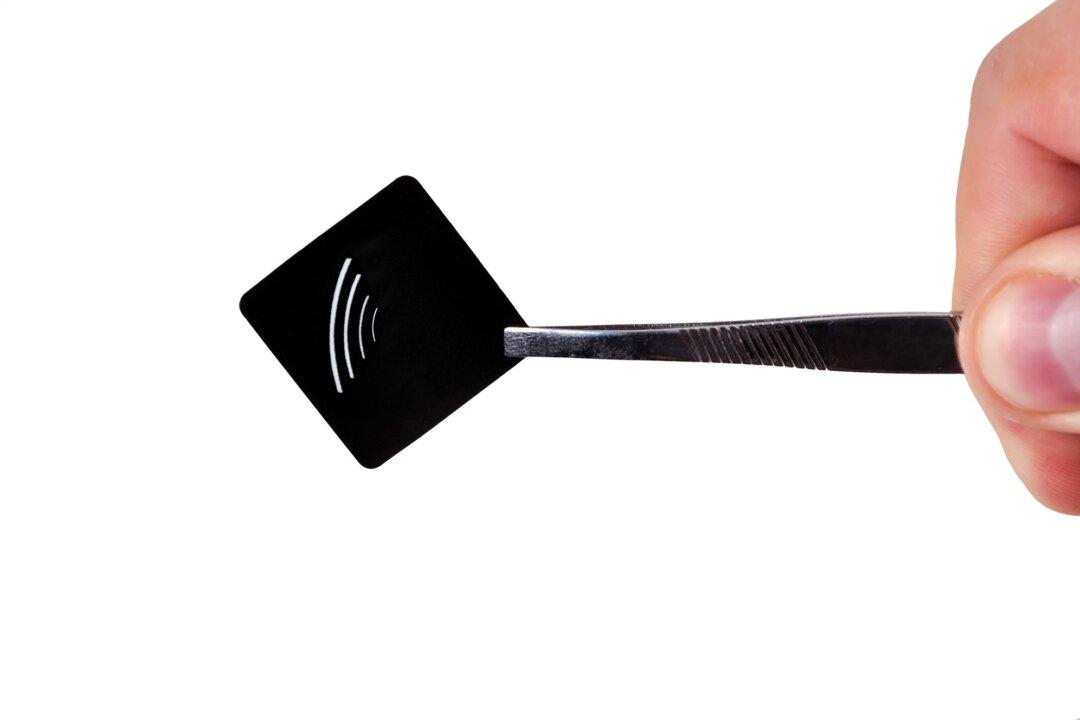By Rafael Olmeda
From South Florida Sun Sentinel
FORT LAUDERDALE, Fla.—Alison Kessler told police she was suspicious when her son’s father, John Stacey, seemed to know that she had paid a visit to the courthouse. She didn’t see him following her. How did he know?





